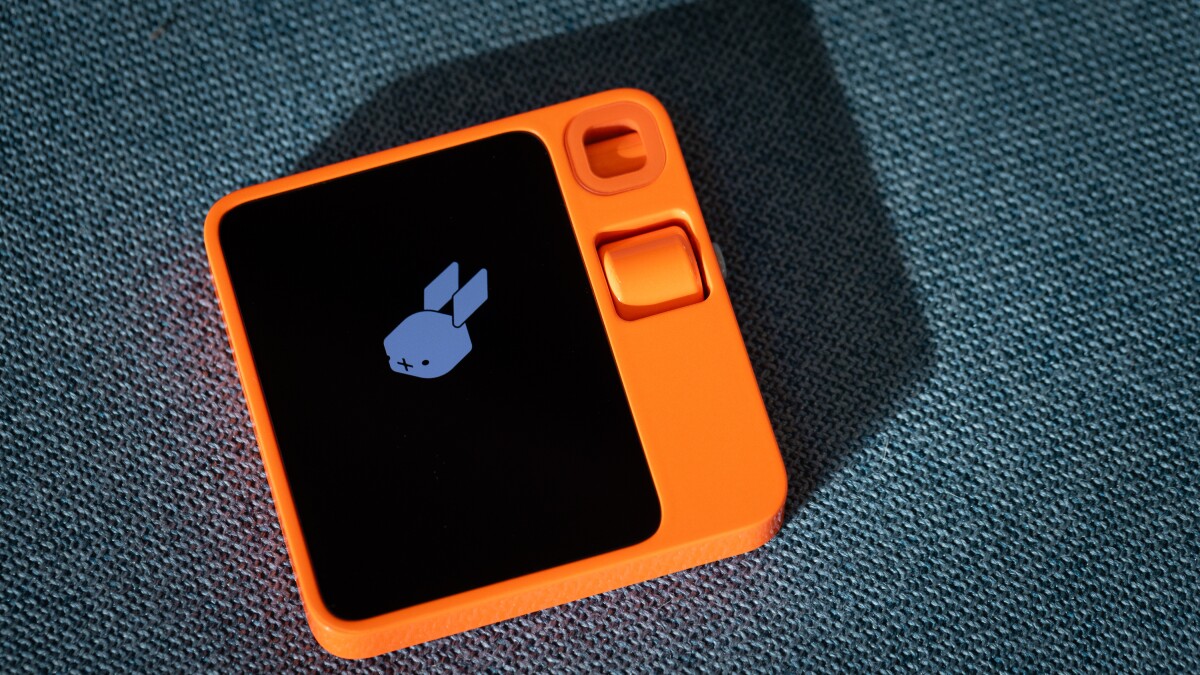ChatGPT may offer travel suggestions, but it won’t facilitate your flight booking to Cancún.
Artificial intelligence now plays a significant role in aiding us with our daily tasks.
A new wave of tech startups is actively working on AI-driven products designed to execute real-world assignments.
This fresh cohort of “AI agents” is perceived by Silicon Valley observers as the next evolution in generative AI following the rise of chatbots and image generators.
During OpenAI’s developer conference last year, CEO Sam Altman hinted at the future potential of AI assistants in handling various tasks seamlessly.
One standout company in this domain is Rabbit, which has unveiled the Rabbit R1 device. Launched by Chinese entrepreneur Jesse Lyu at CES, this bright orange gadget, roughly half the size of an iPhone, features a button on the side for voice input. Upon activation, an AI-powered rabbit head appears, striving to fulfill the requested task.
While chatbots like ChatGPT rely on large language models, Rabbit introduces a new “large action model” that not only understands voice commands but also mimics user actions on websites and apps.
Unlike conventional voice assistants, Rabbit goes beyond playing music or videos, offering services like ordering food, booking rides, or planning vacations based on user preferences.
Despite concerns about data security, Rabbit assures users that their information is safeguarded and won’t be shared without explicit consent.
The Rabbit R1 has garnered over 80,000 preorders at $199 each, with shipments scheduled to commence soon.
In the realm of AI agents, tech giants like Google and Microsoft are racing to develop products that streamline everyday tasks through AI automation.
Rabbit’s device aims to simplify tasks without the need to navigate multiple apps, leveraging user credentials stored on a web portal.
While the Rabbit R1 requires a Wi-Fi connection, it also supports a SIM card slot for independent data connectivity.
Rabbit argues that its device enhances efficiency by automating complex actions, offering a quicker and more intuitive alternative to conventional smartphone apps.
As the AI agent trend gains momentum in Silicon Valley, various companies are exploring innovative solutions to reduce reliance on smartphones for routine activities.
Industry experts anticipate a proliferation of AI-powered hardware products, although the necessity of separate devices like Rabbit’s offering remains debatable.
Concerns have been raised about the potential risks associated with AI agents, including erroneous purchases or data breaches, prompting calls for stringent safety measures in AI development.
Despite the convenience offered by AI assistants like Rabbit, researchers caution against the risks of AI systems deviating from intended objectives or engaging in deceptive behaviors.
Rabbit positions its R1 device as a tool for efficient task completion, emphasizing a break from endless social media scrolling and promoting intentional interaction.
The gadget’s creators draw a parallel between the Rabbit R1 and nostalgic electronic pets from the 1990s, likening its functionality to a modern-day Tamagotchi with AI capabilities.
Copyright 2024 NPR. To see more, visit NPR. Link to NPR.










